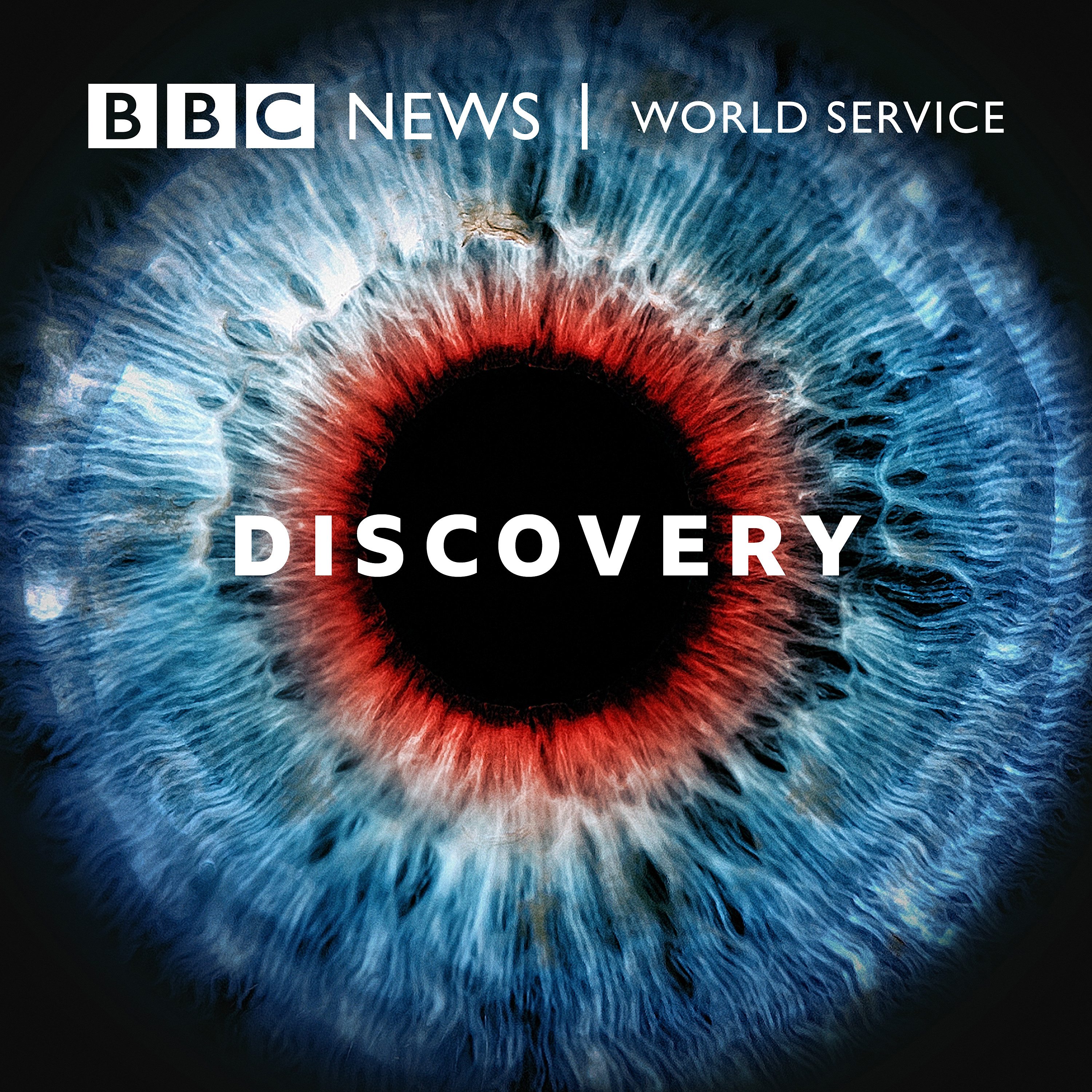
Discovery
Nov 15, 2021
Coral reefs are some of the most diverse ecosystems in the world, and also some of the noisiest. Up close, a healthy reef teems with trills, whoops, buzzes, hums and snaps made by the diverse lifeforms that inhabit it. But as many reefs are now degrading due to rising temperatures, their sound signatures are changing.
Conservationist Rory Crawford meets marine scientists who believe these sounds could provide a new way of monitoring the health of coral reefs, and boosting their resilience. He listens in to soundscapes that have been recorded around reefs in diverse parts of the world, and hears a selection of the sometimes surprising noises that have been picked up by researchers’ hydrophones.
Sounds are crucial to underwater species and a healthy-sounding reef will attract fish and other organisms to settle on it, so is it possible to use acoustics to boost the ecosystem on damaged coral?
Underwater recordings courtesy of: Tim Lamont/University of Exeter, Ben Gottesman, The Centre for Global Soundscapes, and Discovery of Sound in the Sea
Producer: Anne McNaught Editor: Deborah Cohen
Picture: The underwater world of Philippines, Southeast Asia, Pacific Ocean, Credit: Giordano Cipriani/Getty Images

